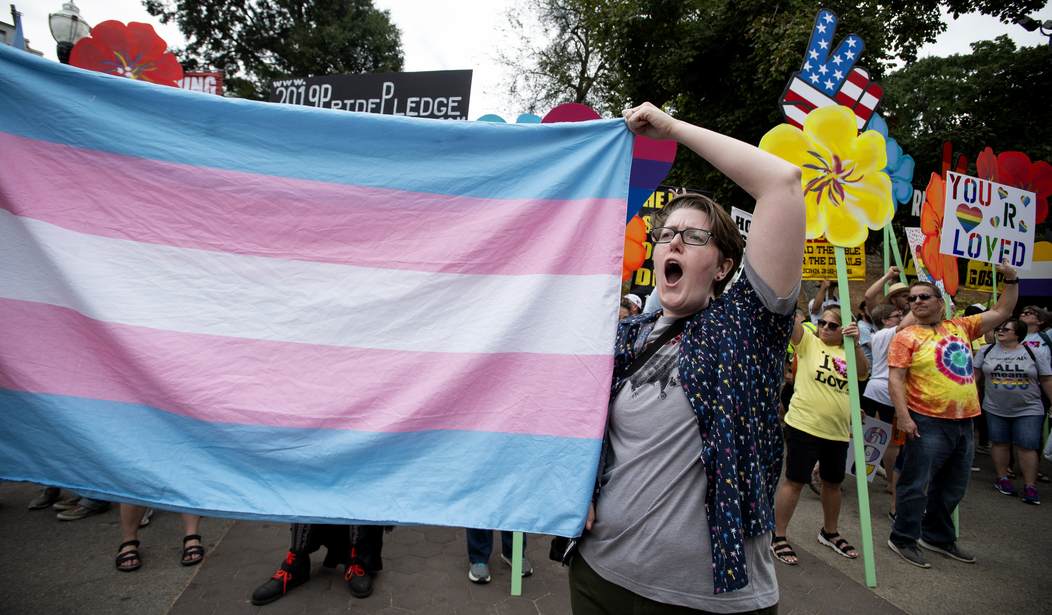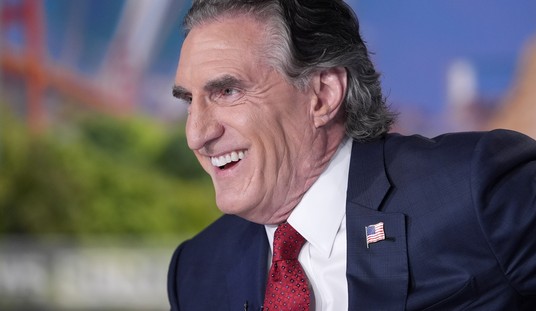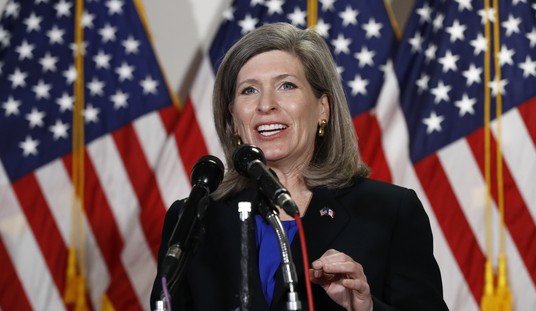Jonathan Chait takes a top-down look at the reporting on trans issues and notices that the activist left is doing its best to make any discussion of the issue a forbidden topic.
Last month, the New York Times published an investigative report on the medical treatment of children who question their gender identity. The findings were decidedly mixed. The reporters showed that many patients benefit from puberty-blocking drugs, which help them transition to a different gender, but that doctors also fear puberty blockers have long-term side effects, and that the treatment locks at least some children into escalating medicalization before they have figured out their gender identity.
The response on the left was as if the newspaper had committed a hate crime. “It is playing into the ongoing manufactured and weaponized conservative panic about trans existence,” asserted a Slate podcast. “Wild how normalized it is for journalists on this ‘beat’ to be aligned with straight-up hate groups and rely on anti-trans activists to link them with sources,” tweeted left-wing journalist Michael Hobbes…
Progressive activists have not just embraced the gender-affirming care model; they have begun treating any disagreement with it as hateful denial that trans people exist. Indeed, they have frequently denied that any debate exists within the medical community at all.
That particular Times story is just one of several the paper has published over the past year. It started with a Times story in January acknowledging a scoop first reported by Bari Weiss at her Substack site. The Times story noted:
Experts in transgender health are divided on these adolescent recommendations, reflecting a fraught debate over how to weigh conflicting risks for young people, who typically can’t give full legal consent until they are 18 and who may be in emotional distress or more vulnerable to peer influence than adults are.
Then in June there was another story in the NY Times Magazine. Among other things, that story included this account of detransition.
Four years ago, when she was 12, Catherine (her middle name) left a note under her mother’s pillow saying she was a trans boy. She followed a script from YouTube videos she’d watched of other teenagers coming out. Catherine’s mother says she looked for a therapist who “would be open to whatever came,” and found Jennifer Butzen, a licensed counselor in the Atlanta area…
When Catherine started seeing Butzen, the pair talked about sexuality as well as gender identity and did exercises, using a whiteboard, about male and female stereotypes, which Butzen wants her clients to know they can challenge whatever their gender. Butzen also explained the physical and social changes that come with medical transition. “Everything became more real, and it got a little scary,” Catherine says. “But I was in this forward movement, like, ‘I have to do this.’”
But one day on the way to her appointment with Butzen, Catherine started crying and told her mother she’d been lying to herself. In retrospect, she thinks the YouTube videos gave her a way to relieve discomfort she felt about being attracted to girls, which wasn’t accepted at her Catholic school. Later, Catherine came out as bisexual.
Each of these stories was treated as a threat by the left and people who spoke up in them were often targeted by activists. Chait’s review of the public debate goes all the way back to one of the first stories to look critically into the treatment of trans children, which was written by Jesse Singal back in 2018:
In 2018, Jesse Singal — a liberal former New York colleague who has enraged progressives by regularly criticizing the left — published a cover story in the Atlantic headlined “When Children Say They’re Trans.” The story’s thesis was this: “The best way to build a system that fails fewer people is to acknowledge the staggering complexity of gender dysphoria — and to acknowledge just how early we are in the process of understanding it.”…
The response from the left was volcanic. The stream of published articles, with headlines like “Atlantic cover story is a loud dog whistle for anti-transgender parents” and “What’s Jesse Singal’s Fucking Deal?” were merely the surface expression of a campaign to discredit him that has gone on for years. GLAAD put him on a list of anti-LGBTQ bigots; activists tried to get him fired and pressured other journalists to renounce him.
To his credit, Chait points out that the motive behind much of this activist fury is the idea that the left can’t afford to have an open debate so long as “the wolves,” meaning people on the right/parents, are at the door.
One of the more revealing admissions of this mentality came from Diane Ehrensaft, a developmental and clinical psychologist and an advocate of gender-affirming care. “We have wolves at the door,” she told Bazelon. “Conversations among us get aired as controversy and confusion. You end up eating your own instead of making the wolves go away.”
Chait concludes that closing ranks and shouting down debate “is an especially dangerous mentality to apply to medical or scientific questions.”
If some of the pushback on the right seems to point in the direction of denying the existence of trans people I suspect a lot of that stems from parental concerns about where the debate will land with regard to their children. Simply put, parents don’t want teachers telling their six-year-olds that boys can be girls and girls can be boys. And that’s why the medicalization of teens and trans athletes in high school and college sports have been major focal points of right-wing ire.
In short, if you want the wolves away from the door, admit that children are different than adults and that their parents have a say in decision making about their futures. Do that and the heat surrounding the debate will decrease. But of course the left isn’t content with that and seems to prefer having such discussions with children handled exclusively by activists on TikTok.








Join the conversation as a VIP Member